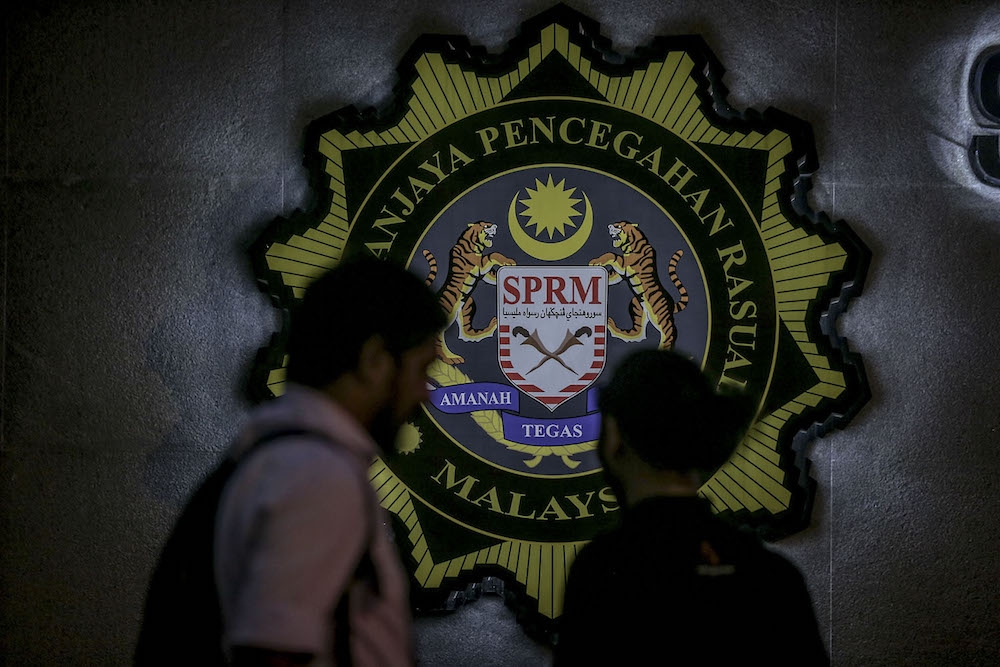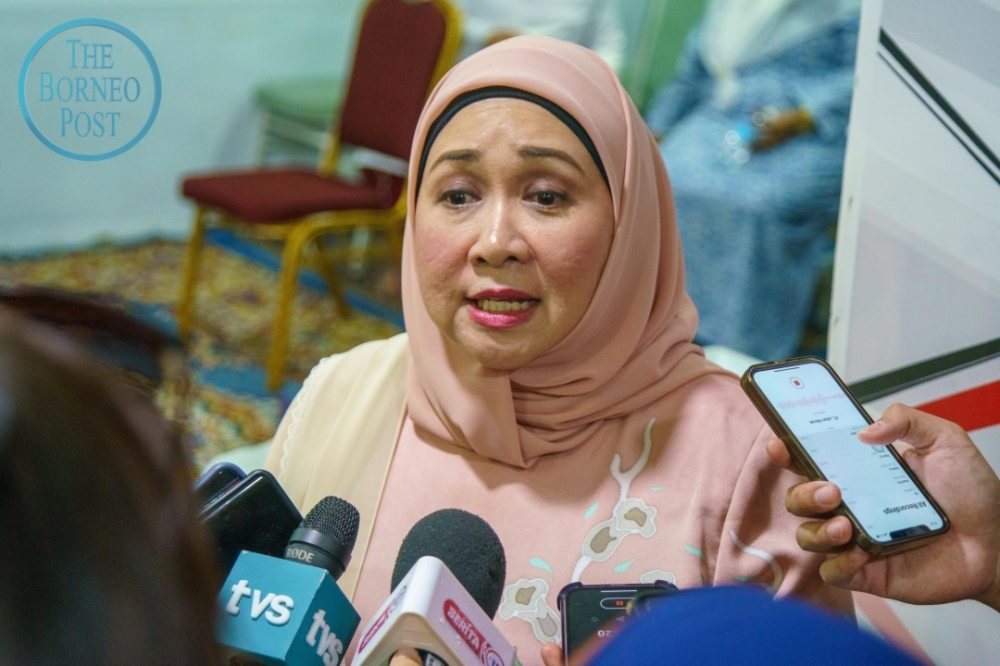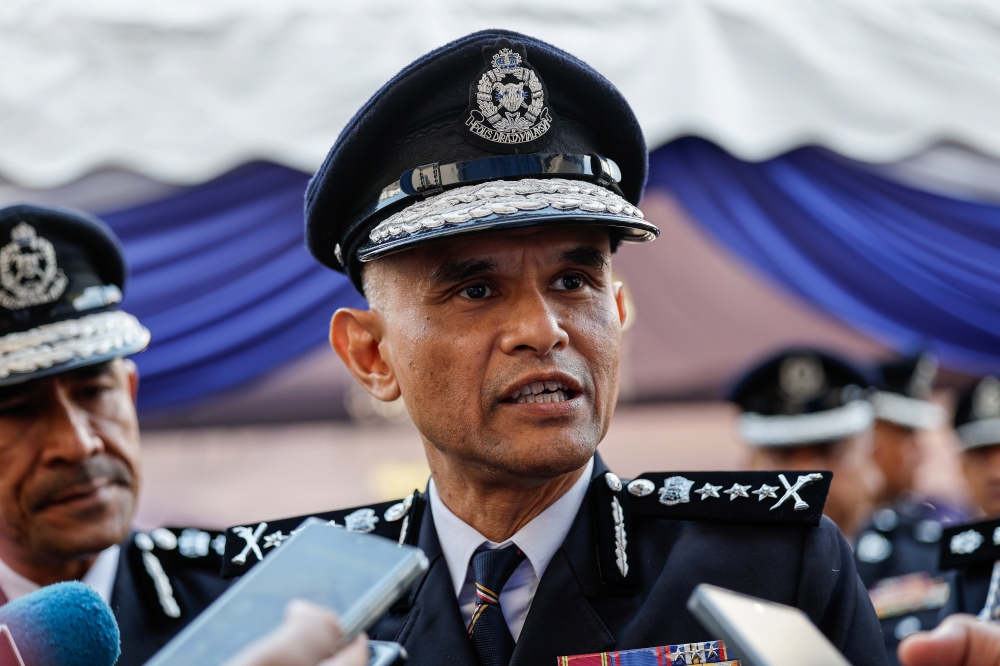GEORGE TOWN, Dec 23 — Fadzilah Ramli used to earn a steady income with her “karipap” embroidery along the neck lines of baju kurung, a style she learnt from watching her friend in the 1990s and which she honed after much trial and error on her own.
The embroidery, coupled with sewing seams on uniforms, was not much but allowed her to support herself and her elderly mother as orders would come in regularly during festive seasons — of which Malaysia has plenty.
The 65-year-old has not sewn a single garment since March, when orders dried up with the government-imposed movement control order (MCO) to contain the Covid-19 pandemic.
“We can get by with my sewing and embroidery income previously but now, I don’t have any income except for the RM10 I make daily from selling kuih,” she said.
It is thanks to her mother’s meagre pension that the two women have been able to get by for the past nine months.
It takes Fadzilah about two hours to embroider the neckline for one baju kurung. It is delicate work and takes skill, for which she is paid only RM6 for each baju kurung she embroiders.
Fadzilah is one of the heritage practitioners who applied to George Town World Heritage Incorporated (GTWHI) for its George Town in the New Normal project in hopes of gaining more customers by showcasing her skills in a video.
Her application was approved under phase two of the project where she will receive RM1,500 funding from GTWHI once she submits her video.
.jpg)
GTWHI general manager Ang Ming Chee said RM67,500 have been disbursed to 263 approved applicants under phase one of the project.
Of the 263 approved projects, 45 have been completed; the rest are still in progress.
Phase two of the project, from October 15 to November 30, saw 62 applicants in total. GTWHI is currently going through the applications.
George Town in the New Normal was launched in July this year to help cultural heritage professionals in the Penang capital city make the transition to life after Covid.
The project has been widened to all cultural heritage professionals in the state, not only those based in George Town.
The project is divided into three components: Digital marketing support for local businesses that are more than 10 years old, one-off financial reimbursements for repair of heritage premises and heritage videos of cultural heritage practitioners to showcase their skills, knowledge and craft process.
.jpg)
One of the applicants outside of George Town is Mohd Sobri Yusof, a third generation carpenter specialising in making the traditional kukur kelapa (coconut grater) and congkak.
The 60-year-old took over the business from his father back in the early 2000s after his father passed away; the business was started by his grandfather, Pak Wan Chik Malata, back in 1950.
“Orders for the coconut graters have dropped by 40 per cent since the MCO and I am only able to sell some to wholesalers but at a reduced price,” he said.
Previously, he would get orders from Kedah and Perak and he would deliver the products directly to his clients.
“Since the MCO and then the CMCO, orders have dropped and it was a hassle trying to travel across districts and states,” he said.
.jpg)
With a much reduced income, Mohd Sobri said he had to be extra frugal in his spending so that he can make his money last until business improves.
“Now that the CMCO has lifted, I hope things will slowly pick up again. It is still too early for me to gauge at this moment,” he said.
Another third-generation cultural heritage practitioner who submitted an application to GTWHI is Yeap Chin Boon, who runs a funeral service and coffin business named Hock Lean Seng.
Chin Boon, 70, had applied for a one-off financial reimbursement for repair of heritage premises from GTWHI to repair cracks at the heritage shophouse where his business is located.
Hock Lean Seng was founded by Chin Boon’s grandfather back in 1922 along Carnavon Street which was known as the kua cha lor — Hokkien for Coffin Road.
There used to be as many as seven coffin shops offering their funeral services along the street, which was how it got that moniker.
Over the years, many of these businesses shuttered. Today, only three shops remain, including Hock Lean Seng.
.jpg)
Chin Boon’s sister who also works at the shop said they get business solely through word of mouth spread by customers.
“We are only surviving. We are not as active as previously,” said Yeap Poay Keat.
According to Poay Keat, the shop used to have a team of workers who would carve out the coffins within the shop itself but with modernisation, the traditional craft of hand-carved coffins died out.
“Nowadays, people prefer those modern coffins and it is easier to order manufactured coffins compared to the hand-carved ones,” she said.
She said the hand-carved coffins took a long time to make so production was slow.
GTWHI will be launching phase three of its George Town in the New Normal project next year and those interested may apply between March 1 and April 15 next year.
Find out more about the project at gtwhi.com.my.

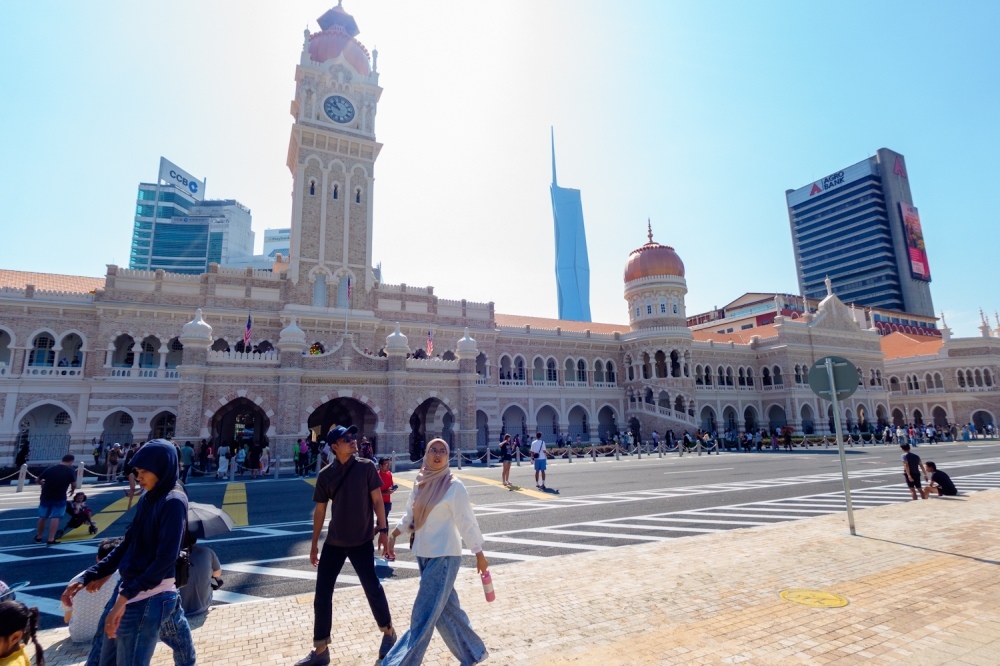
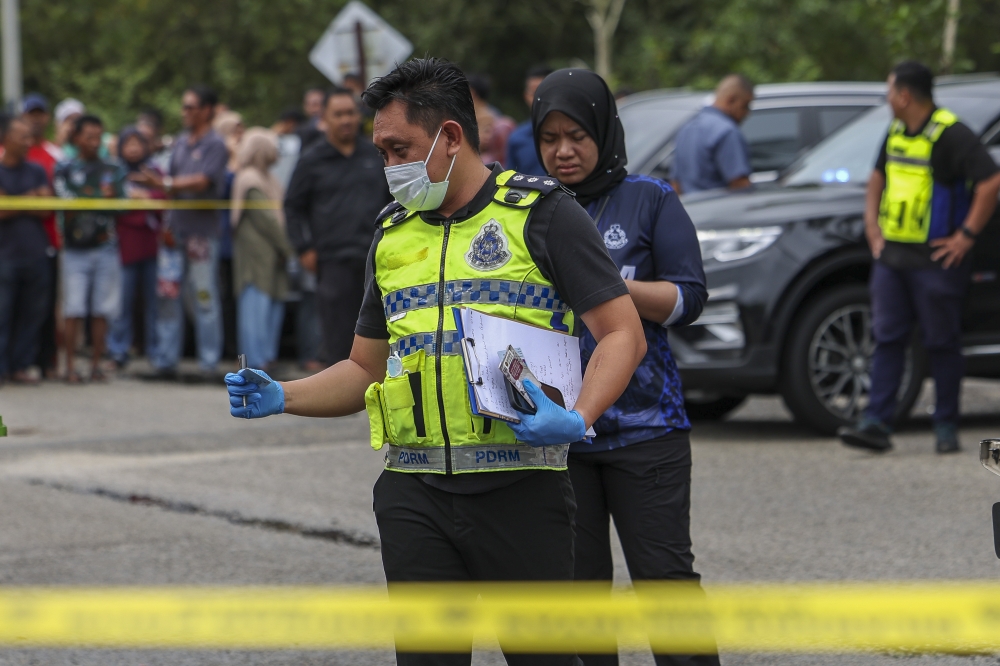
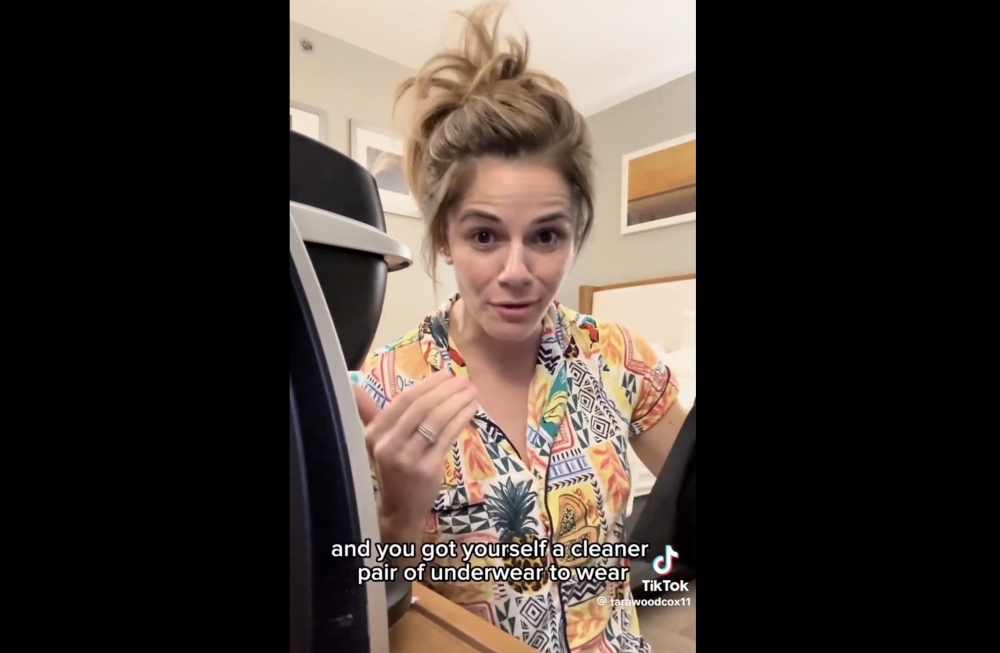
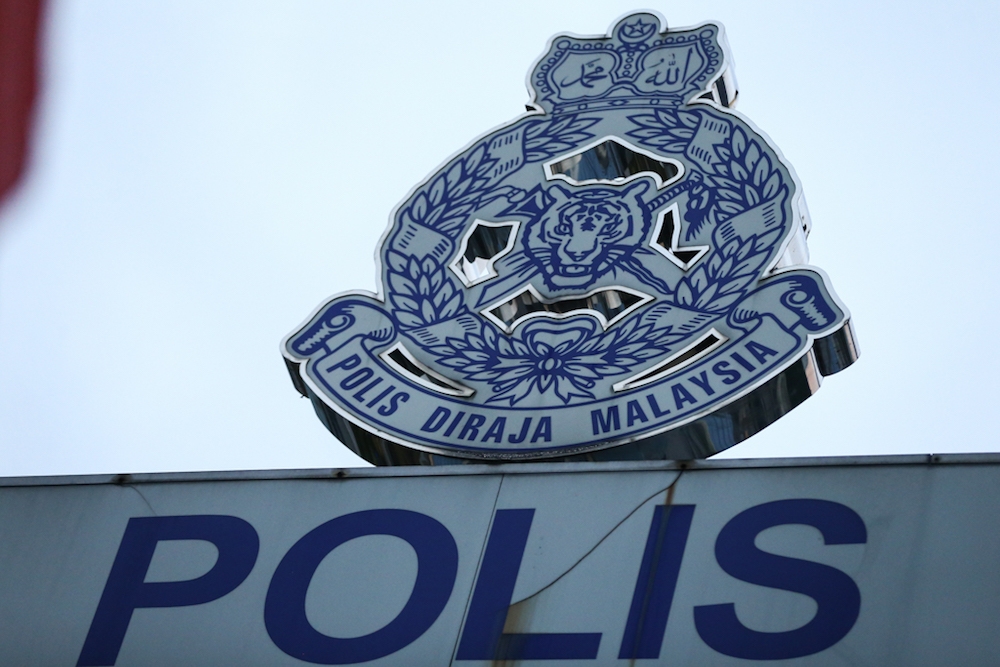
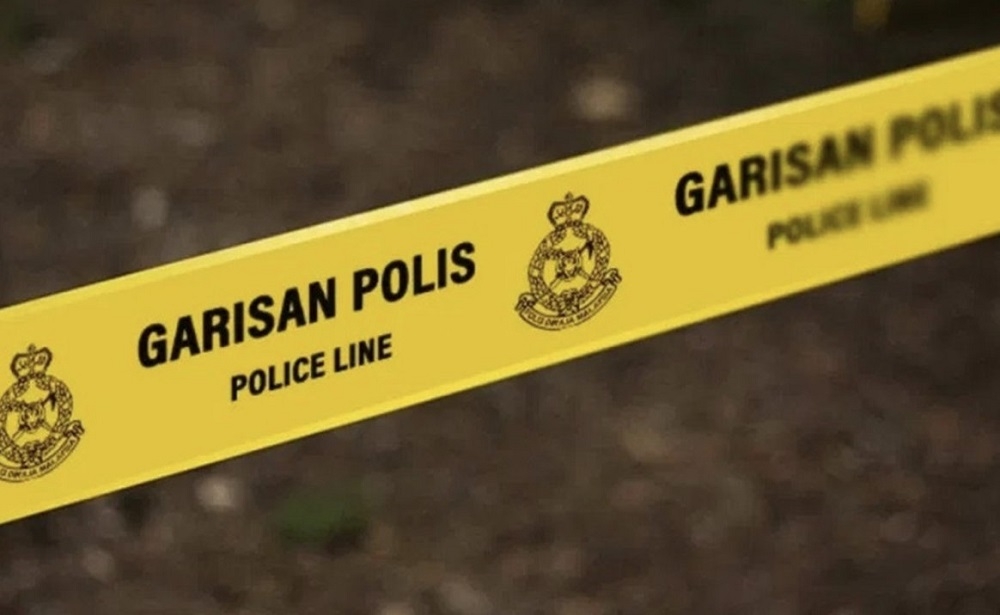
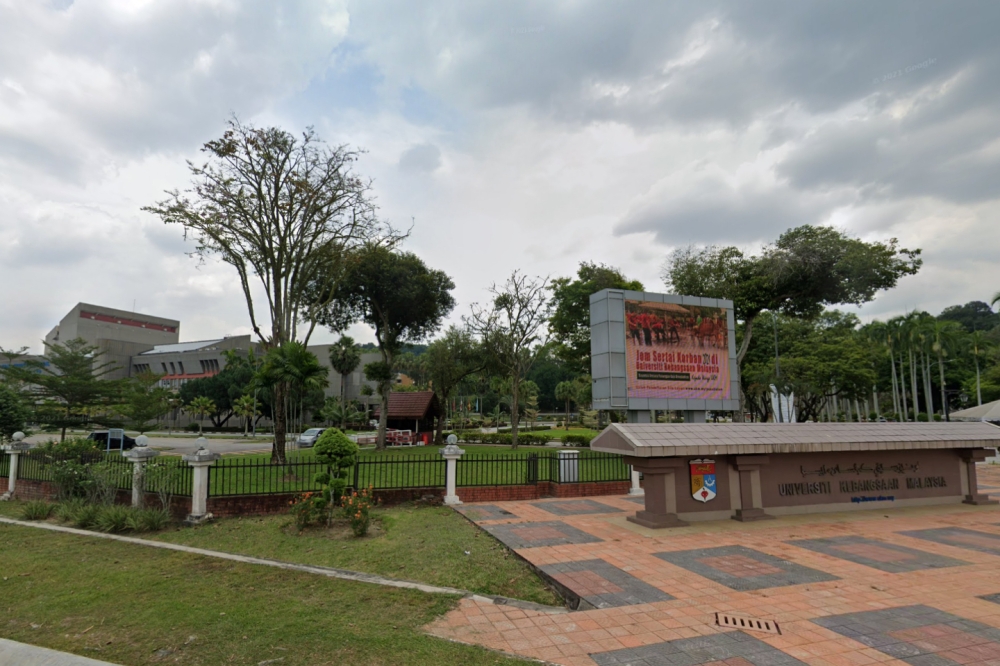
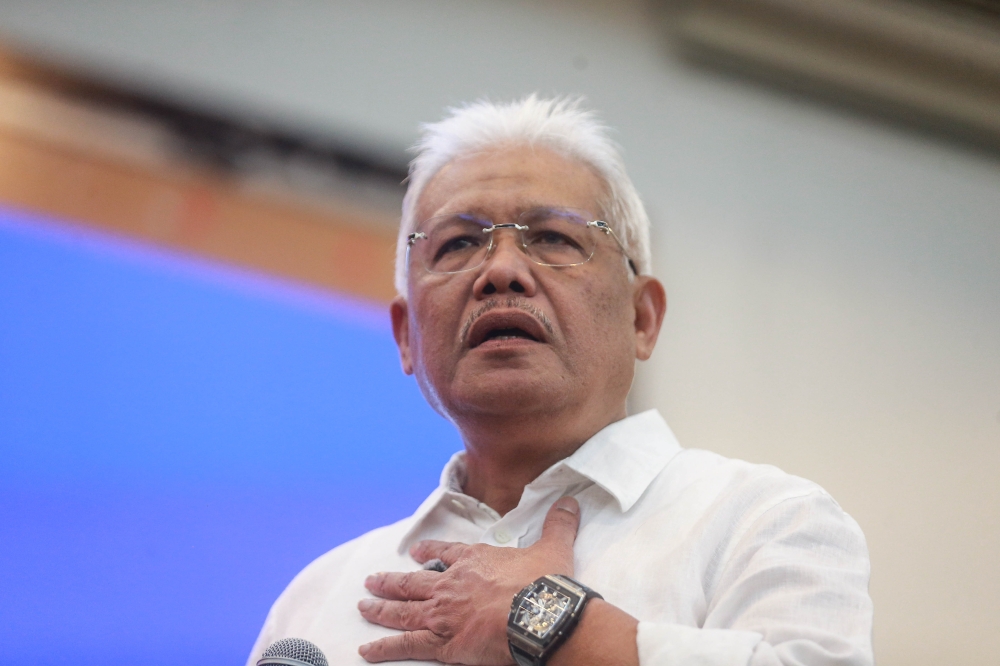
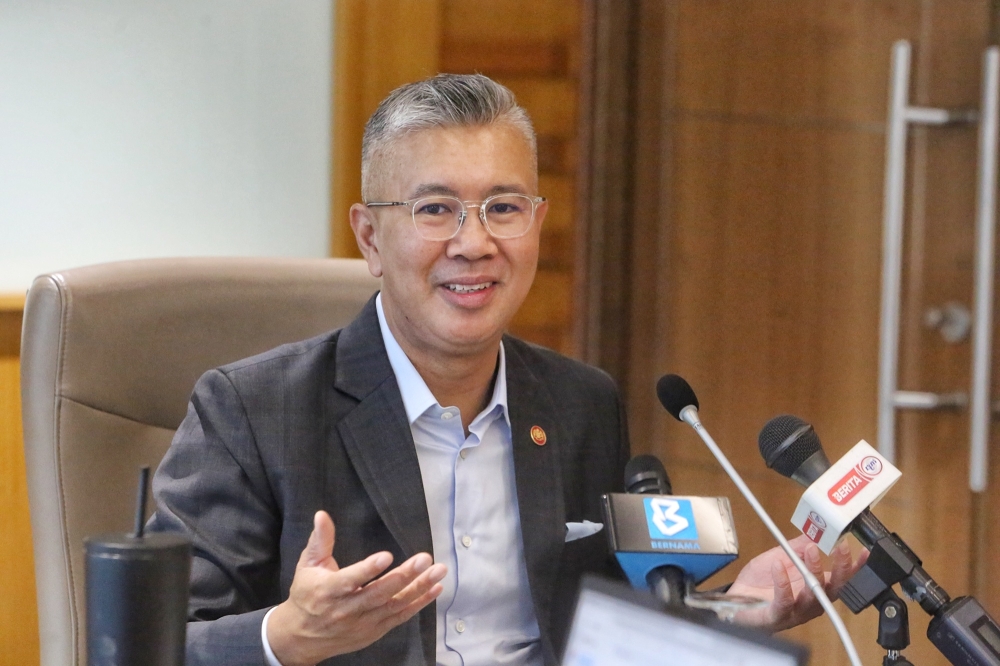
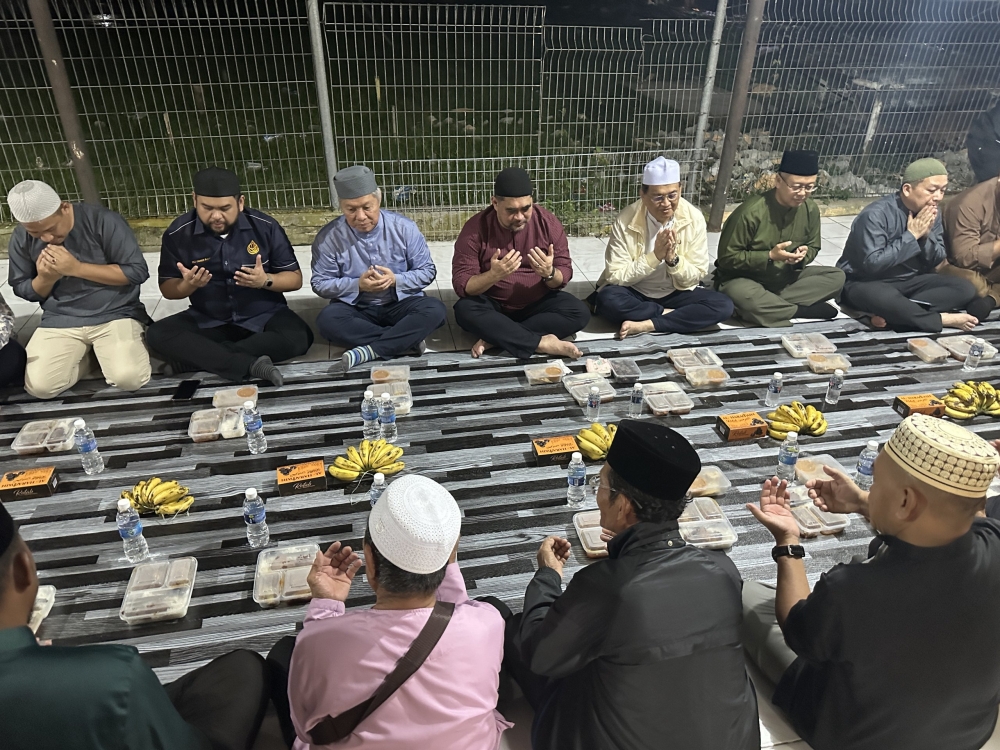
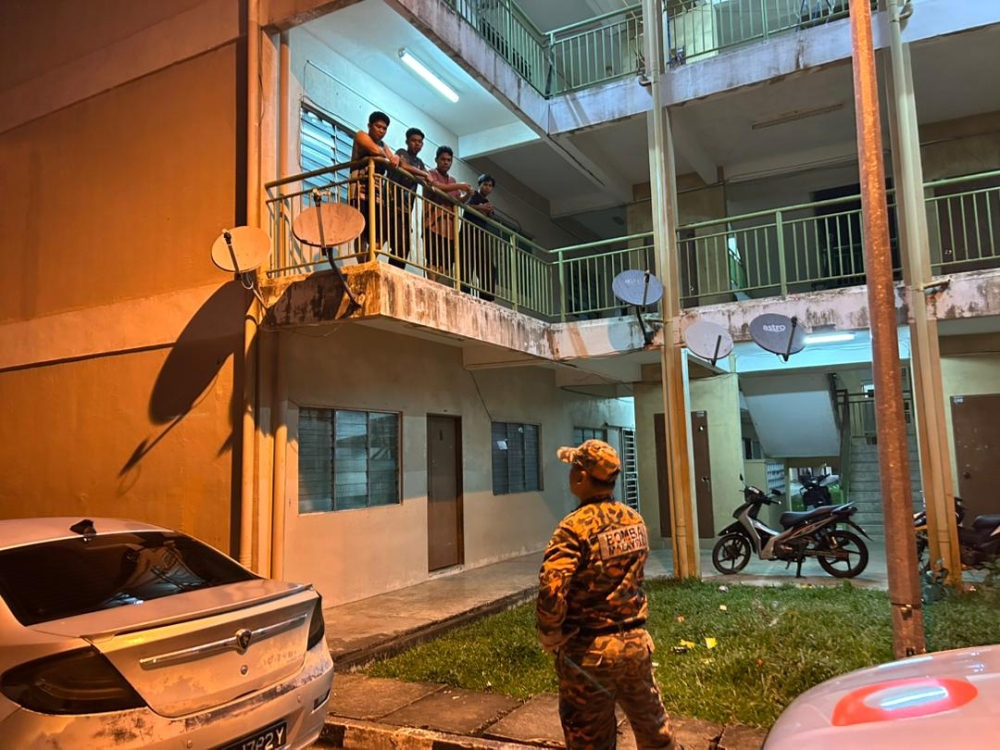
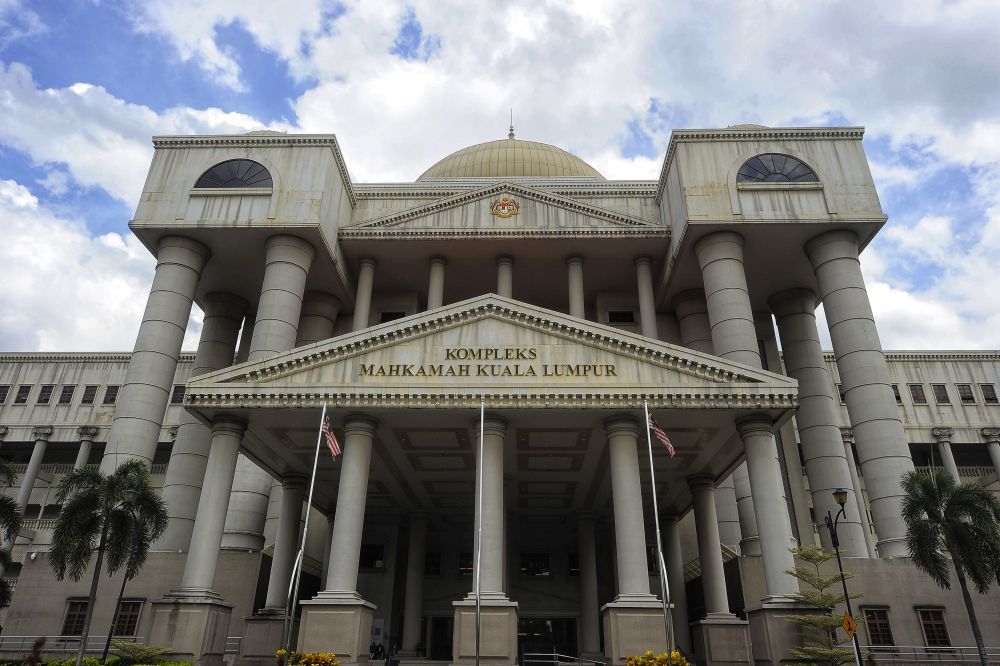
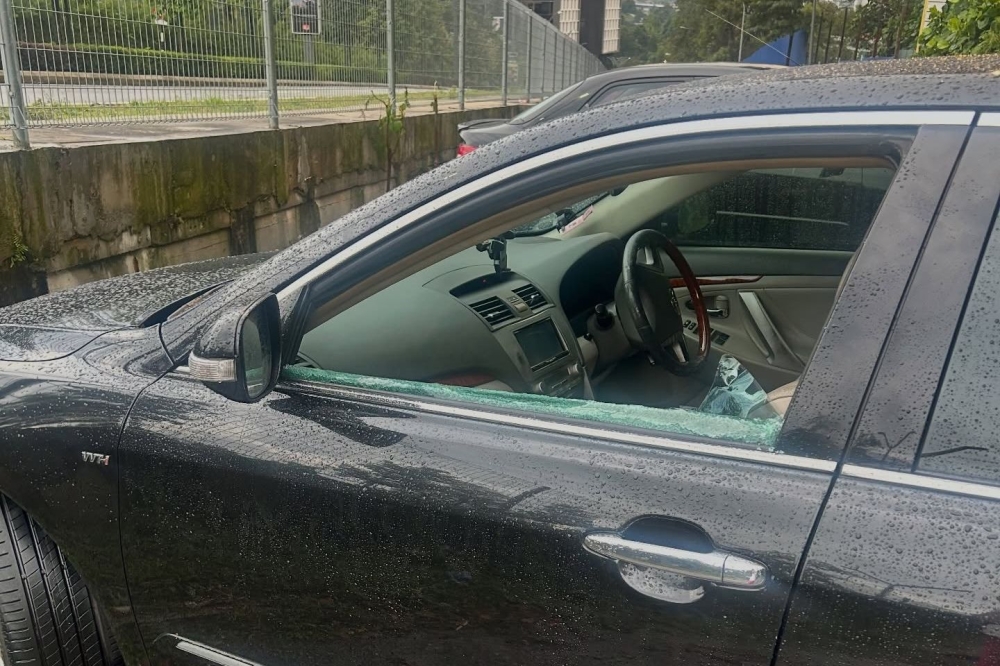
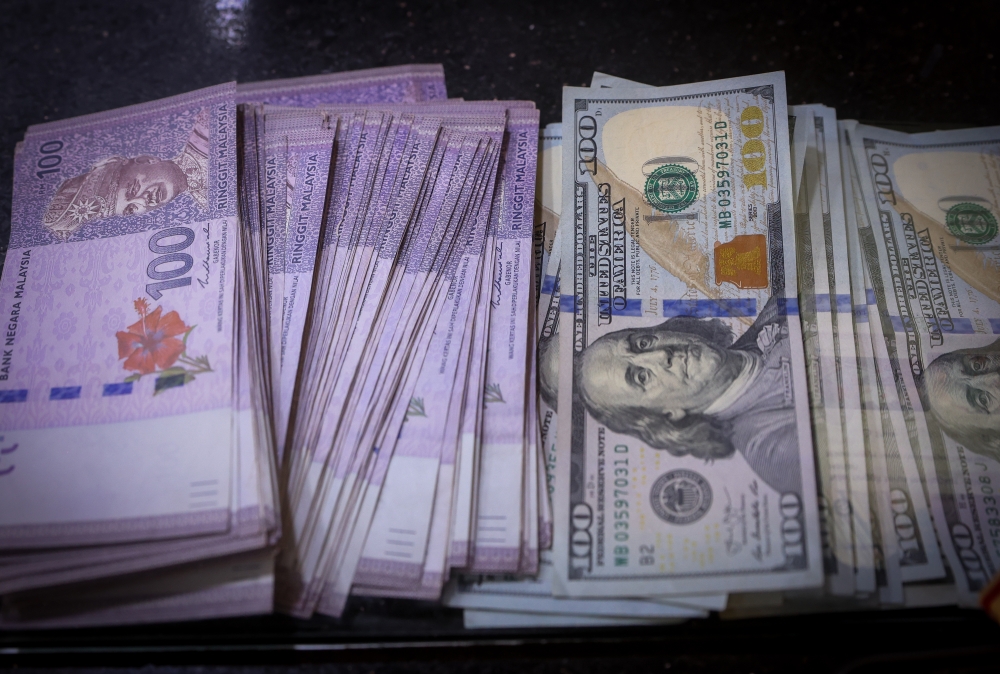

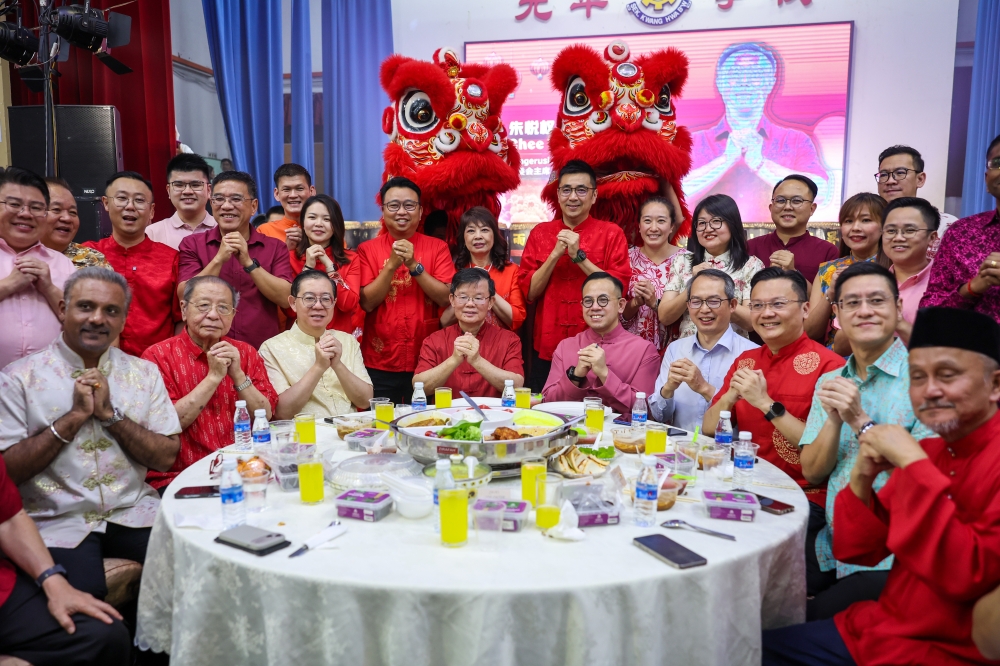
.jpg)
